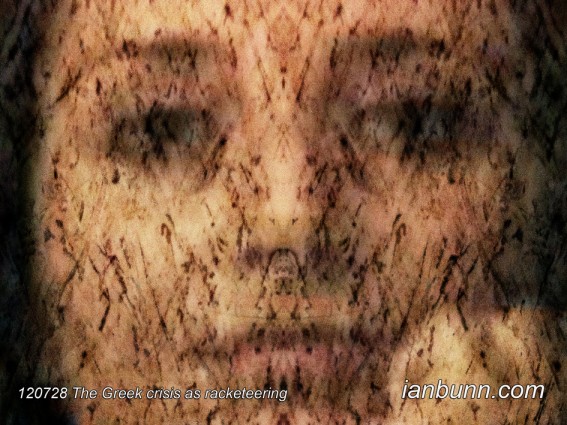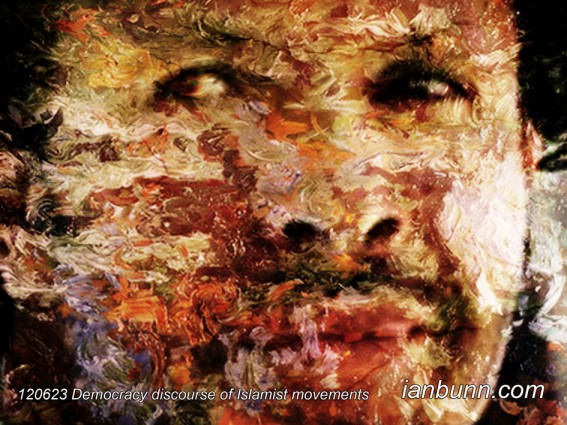 The Greek crisis as racketeering (July 28 2012)
The Greek crisis as racketeering (July 28 2012)
Despina Lalaki the Greek Sociology doctoral candidate in Hellenic Studies and University Lecturer has published an article on Aljazeera titled ‘The Greek crisis as racketeering’ citing the Greek government’s classic mobster tactic of offering citizens protection from threats it has itself created. In the article Lalaki states “Sociologist Charles Tilly drew a compelling analogy between the state as the place of organized means of violence, and racketeering. He defined the racketeer “as someone who creates a threat and then charges for its reduction”, in order to gain control and consolidate power. In this regard, a state and its government differ little from racketeering, to the extent that the threats against which they protect their citizens are imaginary or are consequences of their own activities. Considering the pain, the humiliation, and the social degradation that the economic and political policies of the Greek government have inflicted upon the country the past four years, Tilly’s analogy may offer us a useful tool to both describe and evaluate the current crisis and the regime of fear that the state has unleashed on the Greek public. …In defiance of this fear, an awakening of political consciousness is taking place in Greece’s squares, streets, and online social networks, not merely condemning the policies of austerity and social degradation but collectively working towards new types of political resistance. It is becoming clear that only the people of Greece can deliver and ultimately save themselves from the racketeering, criminal practices of their “protectors”.”
Inspired by Aljazeera ow.ly/coJd1 image source Academia ow.ly/coJbM
